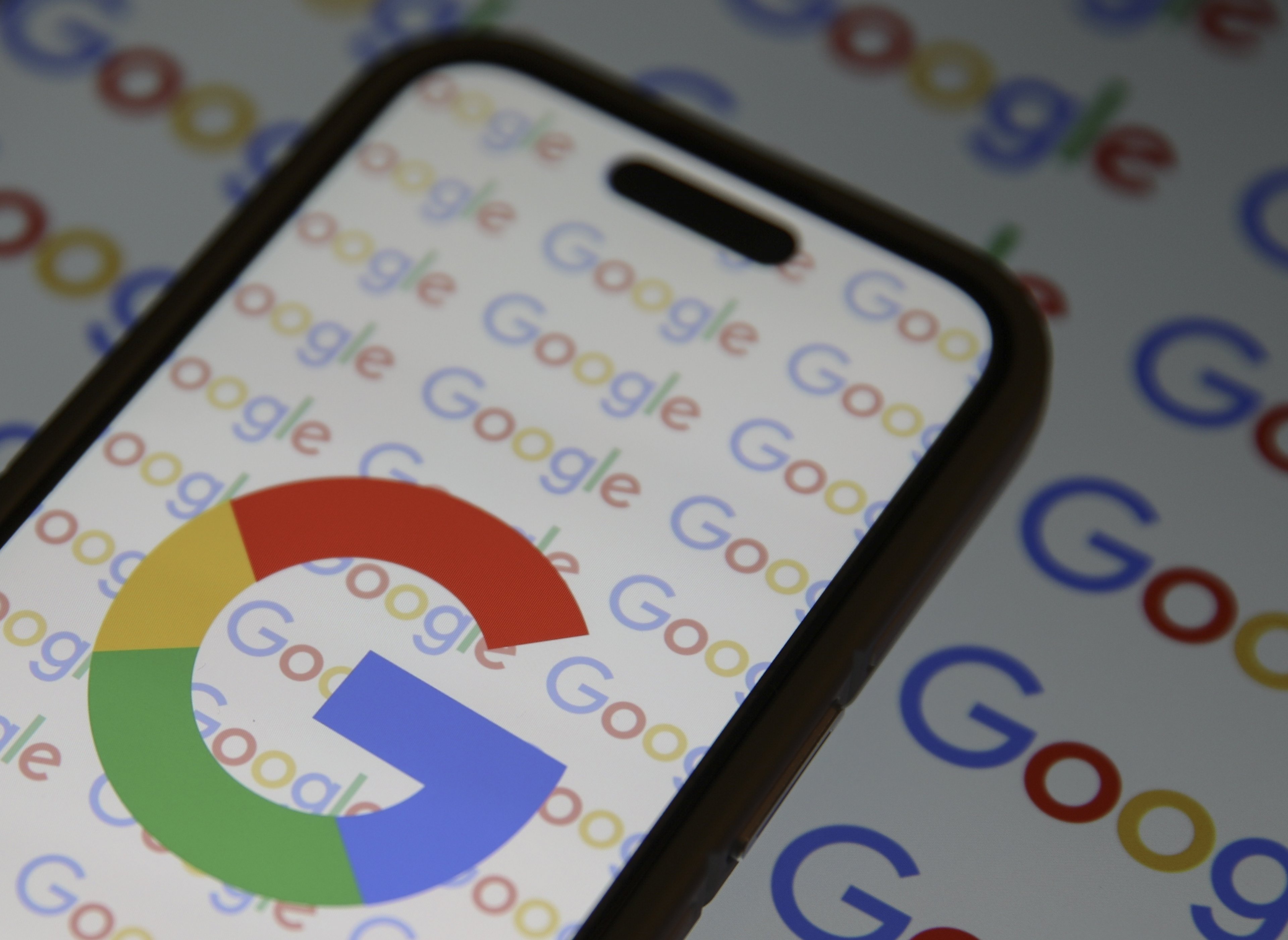
Image by Flickr User Siliconbug
Google (GOOG 0.91%)'s little fiber optic project is growing up so fast. It was only a couple years ago that Kansas City was a trial run for Google Fiber, a net infrastructure that offered high-speed Internet at simple prices. But now Fiber is expanding to Austin, moving rapidly through Provo toward the greater Salt Lake City area, and planning to turn 34 more cities into "fiberhoods," from San Jose to Atlanta.
Most alarming to the nation's telecom sellers, Google is keeping its extra-low price model and flexible packages. A 1-Gbps broadband connection (suitable for 4K video streaming ) still sells at $70, while an additional TV package is at $120. Standard Internet service at 5-Mbps downstream remains free for a guaranteed seven years. The broadband prices are fairly standard, but there's no talk of caps or limitations and installation is only $30. That's an offer shot directly at the current business model of other providers.
It is also pricey: Google could spend as much as $11 billion to offer its fiber services to 20 million homes, and much more to reach the other 80% of the U.S. market. Since fiber is a notorious sunk cost, requiring a new infrastructure useful only for telecom projects (as opposed to synergies with power companies and others), the company's willingness to offer the service throughout the United States is a declaration of its intention. Google wants to be a network provider, and its rise promises ripples in the telecom market.
Vs. Verizon
Verizon (VZ 1.18%) has made notable headway in new fiber optic projects in recent years, concentrating on areas like Boston and Southern California to expand its high-bandwidth FiOS packages. This deployment appears to have a high cost, though. Between 2012 and 2013, Verizon's long-term debt rose from $47 billion to $89 billion (this was before the 2014 Vodafone deal). The company has also received some negative press this year for pushing customers away from copper lines and toward its FiOS offerings.
Clearly, Verizon is placing a large bet on future need for fiber-optic based FiOS. While its share price has fallen by more than 6% in the past several months on the news of the company's increased debt, Verizon still had a healthy net operating cash flow around $38 billion last year. This cash flow can support its new capital structure and could lead to a stock price rebound in the coming months. Will FiOS be able to compare with Fiber when it comes to quality or price, though? Will Verizon's cash flow remain steady if it has to battle Google over territory? If Verizon has its way then when Fiber comes to town, potential customers will already be comfortable with FiOS.
Comcast the competitor?
Comcast (NASDAQ: CMCSK) has brought comparisons between it and Google Fiber on itself. The Time Warner Cable merger raised several antitrust questions Comcast felt obliged to answer with a comparison between its services and Google Fiber. When it comes to territory, there's no way the current Google Fiber range, which currently incorporates only three small markets, can compete with Comcast's dominating after-merger presence, which would control about 37% of the U.S. broadband market. However, if Comcast is taking a long-term perspective, competition with Google Fiber makes more sense. Five years down the road, Google may have a presence in dozens of cities and Comcast will likely be under pressure to upgrade its older lines into faster networks. This would pitch the two companies against each other more directly.
Currently Comcast is in a buyback phase, expecting to spend $3 billion on its stock buyback program in 2014 with more activity planned for later years. With an annual dividend increase of 15% to $0.90 per share and a yield rate over 1.7%, the company is well-positioned for investors, especially if the Time Warner deal is allowed. Earnings could rise as high as 25.5% (YOY) in 2014. However, Google's attractively priced Internet plans are aimed on Comcast-held cities like Salt Lake City and Portland, which could cut into some of this expected growth if the two grow into true competitors.
Early days
A couple years ago, it was easy to look at Google Fiber as a casual side project. Today, a dismissal is foolhardy; in a few years it will be impossible. Google is not only turning itself into a competitive Internet/cable provider, it is challenging the old telecom model by starting without the infrastructure baggage Verizon, Comcast, AT&T and others own. Consumers should get ready for a showdown.







